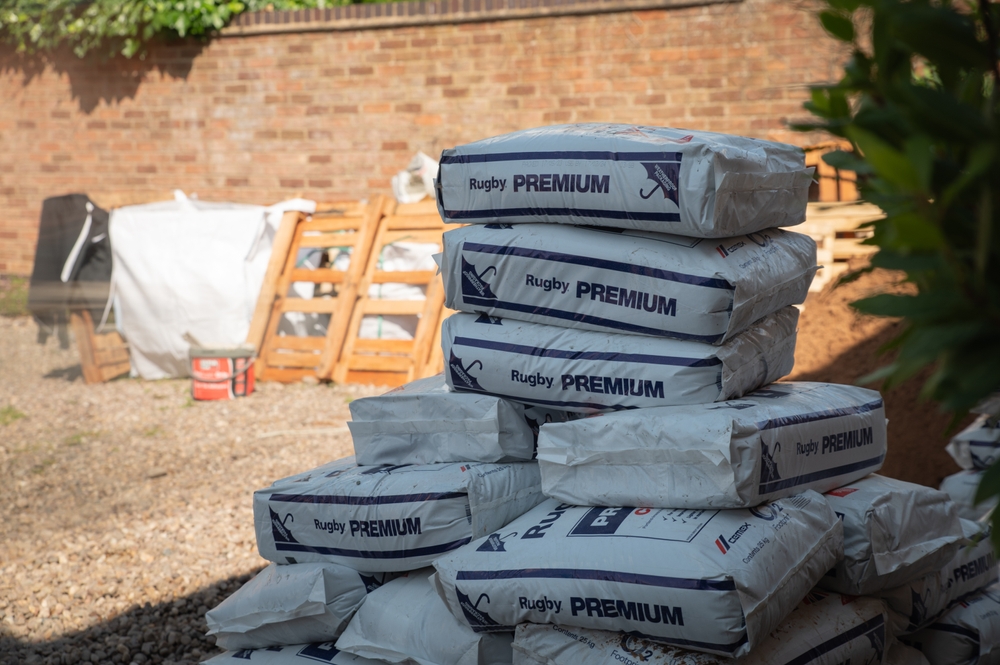UK cement production has slumped to its lowest level in 75 years, raising concerns over the future of house-building and infrastructure projects.
The Mineral Products Association (MPA) said 7.3 million tonnes were produced in 2024 – roughly half the level of 1990.
At the same time, imports have climbed sharply, now making up almost a third of all sales.
The MPA warned the decline could threaten government construction targets, as cement is essential for foundations and structures.
Major projects highlight the scale of demand. Up to 750,000 tonnes of cement could be needed for Sizewell C, while a hospital typically requires nearly 8,000 tonnes. A traditional four-bedroom family home needs three to five tonnes.
Recent figures also showed ready-mix concrete sales hitting historic lows in the second quarter of 2025, with other materials down compared with the previous year.
Growing reliance on imports
Imports of cement have nearly tripled in 20 years, rising from 12% of UK sales in 2008 to 32% in 2024.
The MPA said this growing reliance increases exposure to volatile global markets and puts domestic jobs at risk.
Around 40% of UK cement is produced in the Peak District, with the rest spread across England, Scotland, Wales and Northern Ireland. The industry supports thousands of skilled jobs.
High costs for UK producers
Manufacturers argue they face some of the highest industrial electricity prices among developed countries, as well as tougher carbon costs than overseas competitors.
Unlike UK plants, many suppliers outside the EU do not pay the same charges for emissions.
The government plans to introduce a Carbon Border Adjustment Mechanism in 2027, aimed at levelling the playing field, but industry leaders say more immediate action is needed – including public procurement policies that favour UK production.
Call for government support
Diana Casey, executive director for cement and lime at the MPA, said:
“Cement is an essential industry, but the sector is increasingly under threat. We’re calling on the government to help put domestic production on a level playing field so that it can compete fairly with imports.
“Cement quite literally underpins the nation’s growth and we can’t deliver new homes, schools, hospitals, transport links or clean energy infrastructure without it. The UK has a choice: to build these vital projects with UK-made cement, or to build them with imports – sending jobs, investment and growth overseas.”
Most UK cement plants are already foreign-owned by firms including Cemex, Heidelberg, Holcim and CRH, raising further questions about the future of domestic output.




